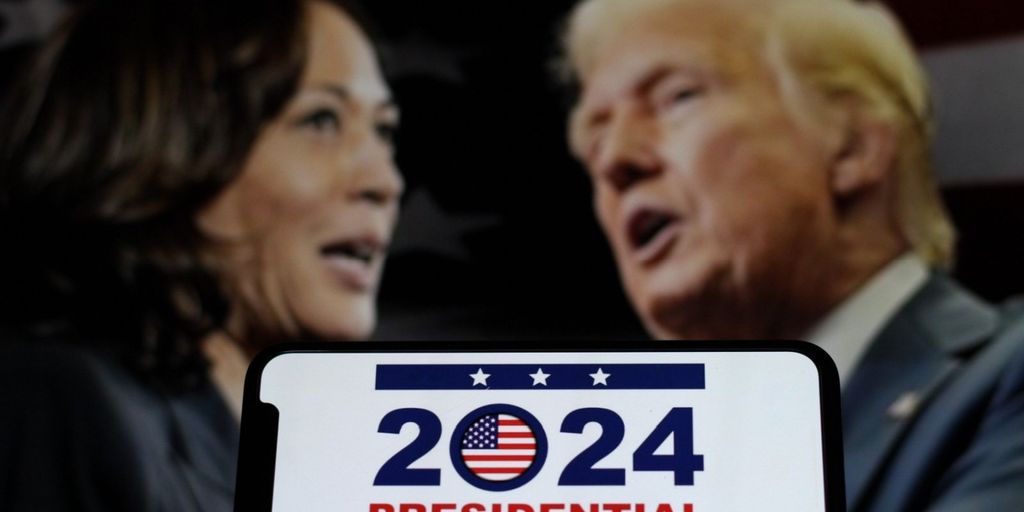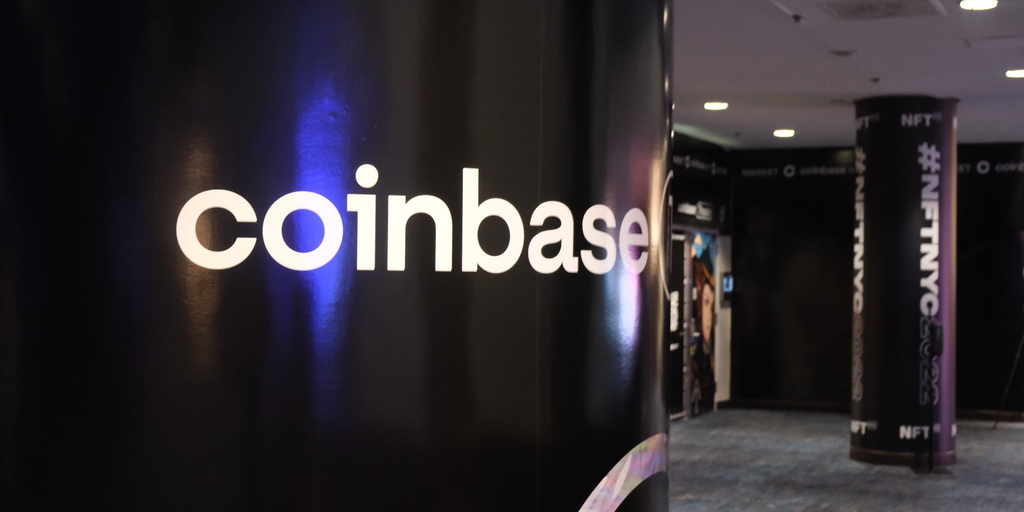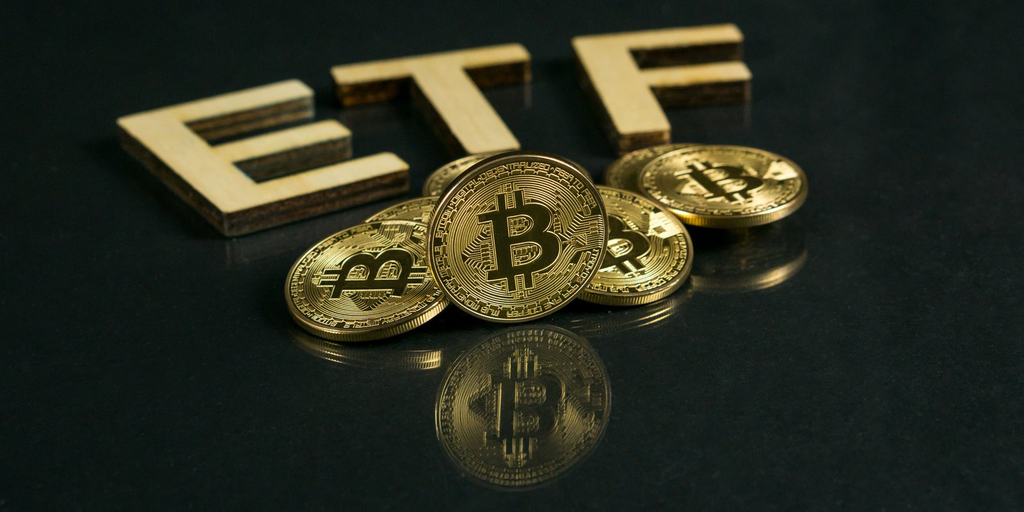Coinbase’s Wallet iOS application no longer supports NFT transactions because of Apple’s strict new policies on NFTs, which were announced in October.
“You might have noticed you can’t send NFTs on Coinbase Wallet iOS anymore. This is because Apple blocked our last app release until we disabled the feature,” the Coinbase Wallet account shared on Twitter Thursday.
While NFTs aren’t outright banned on Apple’s mobile app store, they are subject to a hefty 30% tax on every transaction. If developers aren’t able to implement that requirement, their app will be blocked from the store.
Coinbase said Apple wants to take a 30% fee on any gas fees (i.e., transaction fees on the Ethereum network) paid on NFT transfers completed through the wallet app, which Coinbase says is “not possible.”
Apple’s claim is that the gas fees required to send NFTs need to be paid through their In-App Purchase system, so that they can collect 30% of the gas fee.
— Coinbase Wallet (@CoinbaseWallet) December 1, 2022
“For anyone who understands how NFTs and blockchains work, this is clearly not possible,” Coinbase said. “Apple’s proprietary In-App Purchase system does not support crypto so we couldn’t comply even if we tried.”
Every time a user makes a transaction on the Ethereum network, even when simply transferring an asset like an NFT to a different wallet, the user must pay a fee known as gas. These fees are required for the network to run. But they’re more complicated than a flat fee and can’t be controlled by any single entity.
Gas prices—which are measured in gwei but paid in ETH—vary depending on Ethereum network traffic and the efficiency of a smart contract’s code. And more advanced users can opt to pay more to put their transaction closer to the front of the queue.
Coinbase is not happy about these restrictions to its mobile application, calling Apple’s decision “akin to Apple trying to take a cut of fees for every email that gets sent over open Internet protocols.”
Apple’s controversial in-app purchase fee has angered many crypto advocates, such as Epic Games CEO Tim Sweeney, who previously fought Apple’s rules in a lawsuit and said the tech giant “must be stopped.”
Former YouTube executive and current Polygon Studios CEO Ryan Wyatt has taken a similar stance, calling Apple’s 30% tax “criminal.” Wyatt believes the tax will “forever hold back technological progress due to its monopoly over the industry.”
And Twitter’s billionaire CEO Elon Musk isn’t immune from Apple’s censorship, either, previously expressing concerns that Apple might remove Twitter from its store (Musk then met with Apple CEO Tim Cook on Wednesday, and Cook apparently dispelled those concerns).
Good conversation. Among other things, we resolved the misunderstanding about Twitter potentially being removed from the App Store. Tim was clear that Apple never considered doing so.
— Elon Musk (@elonmusk) November 30, 2022
Coinbase said it hopes this decision was simply “an oversight” and that it can be discussed further. It also believes that Apple’s strict NFT fee policy will make mainstream adoption of NFTs more difficult and will make it more cumbersome for users to transfer their assets.
“Apple has introduced new policies to protect their profits at the expense of consumer investment in NFTs and developer innovation across the crypto ecosystem,” Coinbase said.
While crypto enthusiasts on Twitter disparaged Apple’s restrictions today, others pointed to the potential of Solana’s Saga phone, a Web3-native mobile device which is still in development and will not have such restrictions. Its current release date is anticipated to be sometime early next year.
“Today it was Apple, but tomorrow it could be Google,” said Solana’s Head of Communications Austin Federa in response to the news. “We need a 3rd option.”
Apple has not yet responded to Decrypt’s request for comment.
Stay on top of crypto news, get daily updates in your inbox.
Source link













